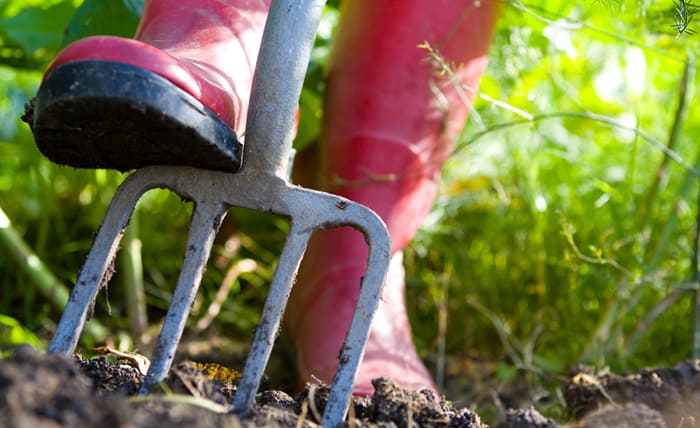
Let’s say a member of your family happens to work at a local retirement center and brings home donated leftover vegetables from the local food pantry. At first you think, Okay! But then you notice that the vegetables — broccoli, for example — is identified as coming from China and you live in Ohio. You might think: "How old is this food?" "How far has this head of broccoli traveled since it left China?" "What pesticides, herbicides, fungicides and chemical fertilizers were used in growing this broccoli?" And, more importantly, "Is there any nutrition left in it?"
So, what is the journey of the broccoli? That box of broccoli packed in ice in China took perhaps a week or more to ship to U.S. grocery store chains. Any unsold product may get donated to a food pantry, where it then may be offered to the working poor and elderly. This is an inefficient way to feed poor children, adults and seniors, especially since long term storage technology, even in the best of circumstances, cannot compete with an idea whose time has come: urban farming.
In the city of Cleveland, Ohio, civic organizations coordinated resources, reclaimed impoverished neighborhoods, and returned them to open land farming. The urban farm offers people living in these neighborhoods opportunities to plant, care for, and buy fresh fruits and vegetables. In an urban farming situation the community is involved together with professional farmers who teach a skill and offer year round employment in areas of the city that were underutilized and even dangerous.
Not only is the living area improved for everyone, but the investment in growing fresh food, usually using organic methods, contains more nutrition and little or no chemical fertilizers or pesticides. This is a healthier and better choice offered to these communities than the leftovers from the food pantries. These urban farms help communities on a spiritual level, as well, by changing the physical landscape from a gritty, dirty brown to a vibrant green and taking an unskilled workforce and training them to take care of their own selves and families.


